September 11th, 2024
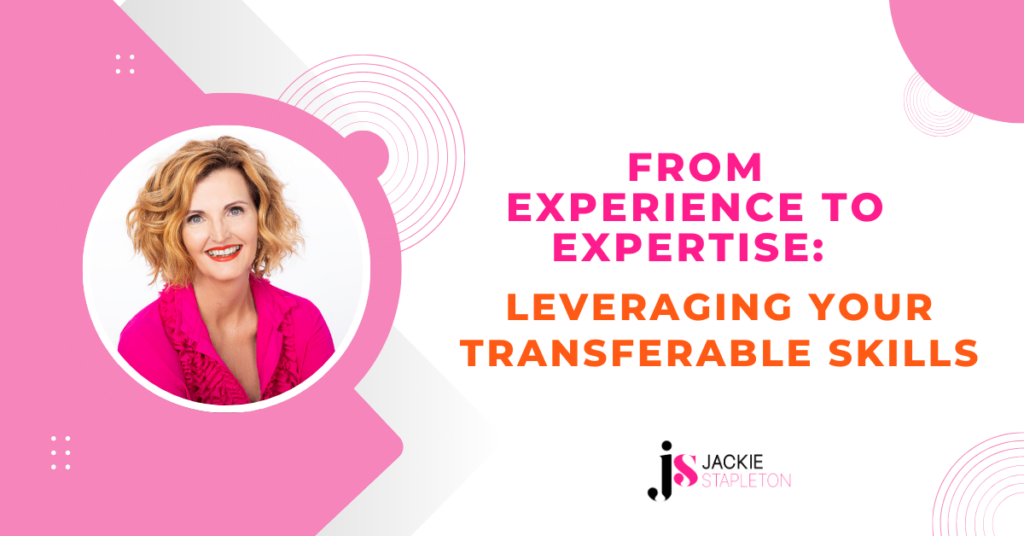
—
I was working with a client earlier this year who was feeling uncertain about her potential to move into ISO consulting. She told me, “I don’t have enough experience to step into consulting,” with a tone that suggested she had already accepted this as a fact. Interested, I asked her to send me her resume so I could see for myself.
When I received her resume, I was amazed. It was packed with experiences and skills that were not just relevant, but incredibly valuable for a career in ISO consulting. Her resume was full of transferable skills that could set her on the path to success in the ISO world, including starting her own consulting practice. The only thing holding her back was her inability to see the gold that was already there.
It just took someone external—me in this case—to identify and extract those bits of gold and wash them out in the pan. Like a seasoned gold prospector who knows where to look, I helped her see that her years of experience were the very foundation of her future career growth that included a consulting career.
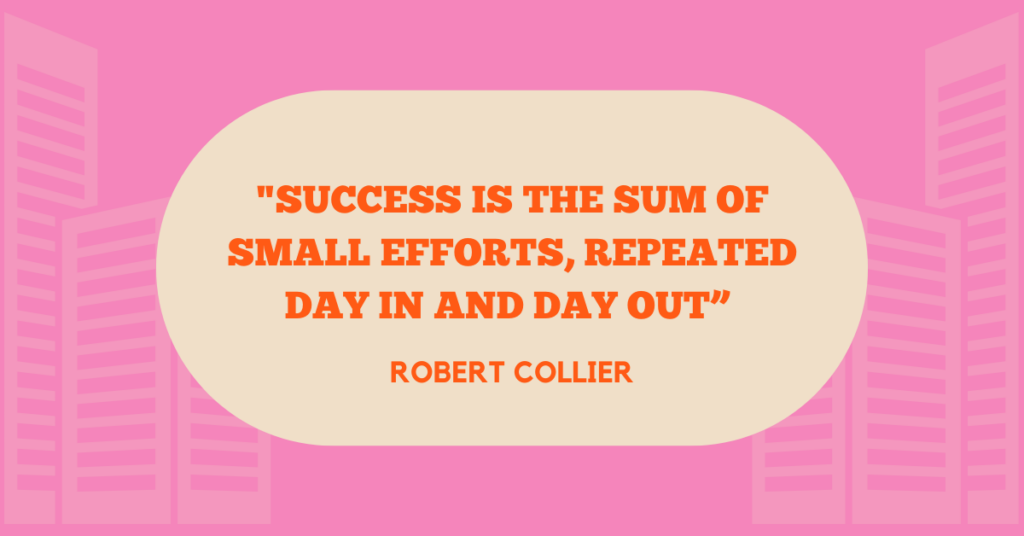
—
This client’s story is not unique. Many professionals, like her, underestimate the value of their skills when considering a transition into ISO consulting. They focus on what they haven’t done rather than on the wealth of experience they already have.
When you reflect on your career, think about the moments when you led a team, solved a complex problem, or streamlined a process. These experiences have equipped you with a set of skills that are crucial for success in ISO consulting.
Take Inventory of How Much “Career Fuel” You Have
In the HBR Guide To changing Your Career, the author of this section, Brian Fetherstonhaugh states that the people who are most successful in the long term are those who have an abundant supply of what they call “career fuel”, which is transportable skills, meaningful experiences, and enduring relationships. Transportable skills include problem solving, being adept at persuading others, getting things done, and knowing how to take smart risks. These are skills you can carry with you from job to job, company to company, and industry to industry. Meaningful experiences take us out of our comfort zone and make us more adaptable to changes in our job environment. Think travel, intense community service, launching products or starting your own business. Enduring relationships are perhaps the most powerful form of career fuel: the connections, experts, critical colleagues and mentors who make a huge difference in your career progression. Are your fuel levels growing, stagnation or declining? Ask yourself what you can do to replenish them.
—
The ISO Consulting Skill Transformation Model
To succeed in ISO consulting, it’s essential to transform your accumulated experience into practical, applicable expertise. The ISO Consulting Skill Transformation Model outlines this journey, guiding you through the process of gathering diverse experiences, extracting and mapping your key skills, and finally, applying them effectively in real-world consulting scenarios. This model ensures that every step you take is purposeful and aligned with your goals in ISO consulting.
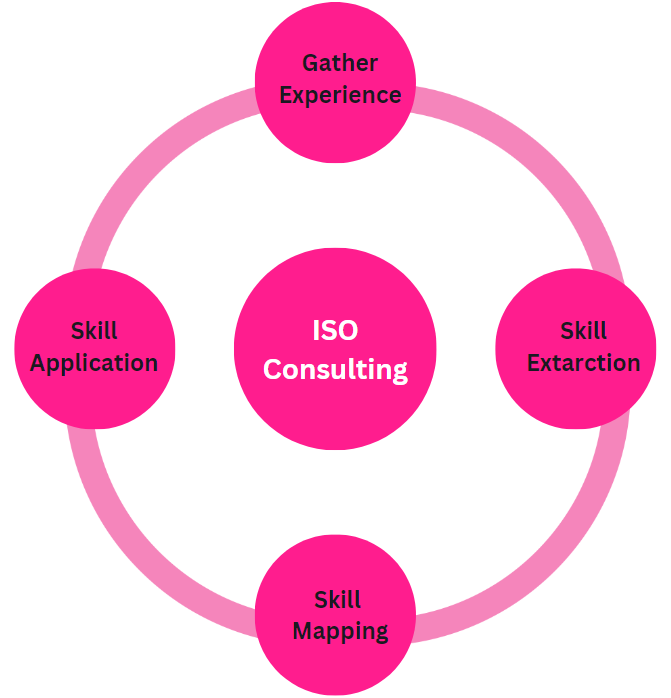
—
- Gather Experience: This step involves accumulating diverse experiences across various industries and roles. These experiences are essential as they provide the foundation for developing transferable skills. In ISO consulting, having a broad background allows you to draw from different perspectives and apply best practices across various contexts.
- Skill Extraction: After gathering experience, it’s crucial to identify the specific skills you’ve developed in these roles. Skill extraction is about recognizing the abilities that can be applied to new challenges. In ISO consulting, this means pinpointing skills like problem-solving, project management, or communication, which are valuable in helping organizations implement and maintain ISO standards.
- Skill Mapping: Once skills are identified, they need to be mapped to ISO consulting tasks. This step involves aligning your transferable skills with the specific needs of ISO consulting. For example, if you have strong analytical skills, you might map these to tasks like conducting internal audits or developing risk management strategies within the ISO framework.
- Skill Application: The final step is applying these mapped skills to real-world ISO consulting scenarios. This is where your experience and extracted skills come together to provide value to clients, helping them achieve compliance with ISO standards. Successful application ensures that your consulting services are effective, practical, and tailored to the client’s needs.
These interconnected stages help ensure that your journey from gathering experience to applying skills is purposeful and aligned with the goals of ISO consulting.
—
Next Steps for Applying Your ISO Knowledge
- Review and Reflect on Your Experience: Take the time to thoroughly review your resume and career history. Identify the transferable skills and relevant experiences that can be mapped to ISO consulting tasks. This reflection will help you understand the full scope of your capabilities and how they can be applied in your new consulting role.
- Map Your Skills to ISO Consulting Needs: Use the ISO Consulting Skill Transformation Model to map your identified skills to specific tasks within ISO consulting. Consider how each skill can be utilized to help organizations implement and maintain ISO standards effectively.
- Start Applying Your Skills: Begin to apply your mapped skills in real-world ISO consulting scenarios. Whether it’s through internal projects, consulting roles, or volunteer opportunities, start using your skills to add value and gain practical experience in the field.
These steps will help you move from simply identifying your skills to actively applying them in a way that drives success in your ISO consulting career.
Work with an ISO Career Workplace Application Specialist Now
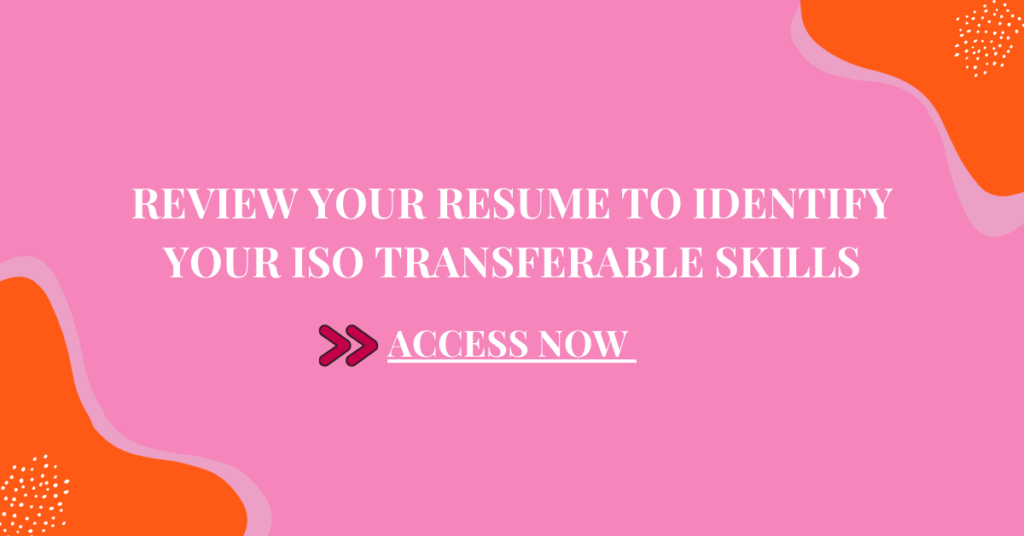
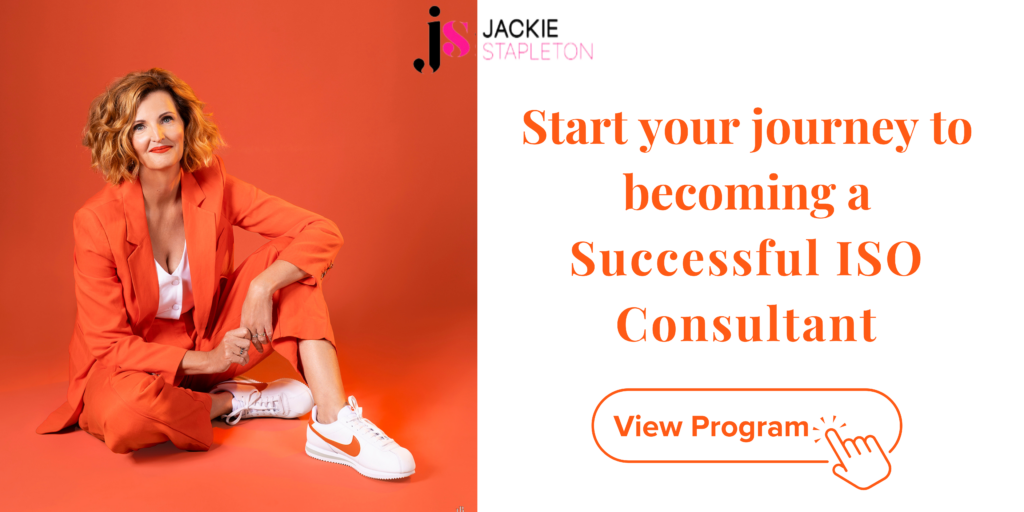
View comments
+ Leave a comment